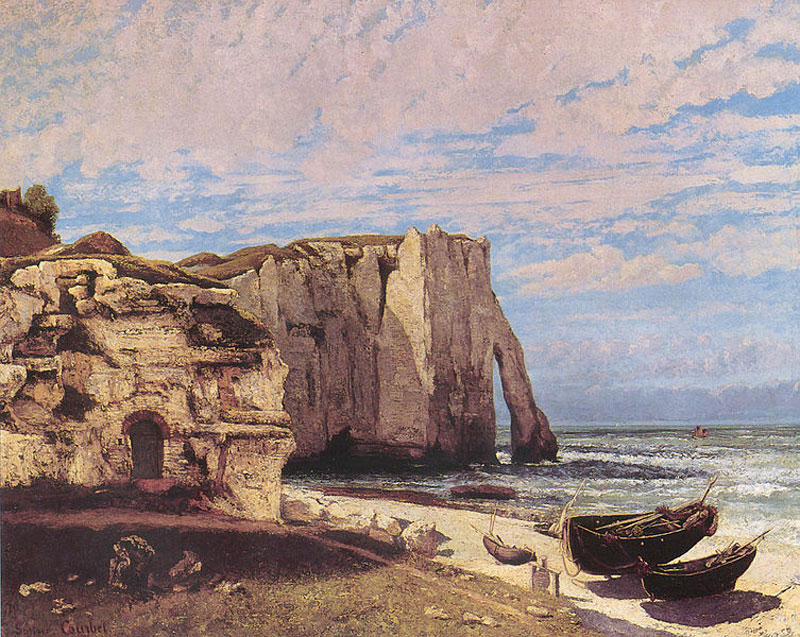by Phil Canipe (July 2024)

I have a friend who studies rocks for a living. Igneous, metamorphic, obsidian, shale. “Do you know what defines sand?” he asked me one hot afternoon. “Size.”
Outside the sun was high. Our shadows were short, dappled.
“Most people think sand is just made of seashells,” he said, “but it can actually come from all kinds of rock. Quartz, feldspar, mica. Basalt for those of us near the water.”
My mind was on the sprinkler system. Should I have run it that morning? The forecast showed rain but I was starting to have my doubts.
“Sand could be anything,” he went on, “so long as it’s the right measurement.”
A dry patch was beginning to form along the back fence. I considered turning on the sprinklers now, even if just for that one zone.
“As long as it meets the size criterion, it’s considered sand.”
I typically only ran them on the odd days. But I recently adjusted the schedule based on upcoming travel and now I wasn’t sure which day it was set to come on.
“It doesn’t even have to be rock. It could be organic.”
I pulled out my phone to see if I could get the watering app working. I’d been having trouble with it all summer long.
“Dead coral. Rejected whale.”
Still unresponsive. Something up with the bluetooth.
“Time will reduce anything down to sand,” he said. “Even things that aren’t from the ocean.”
I checked for an app update but there was none. Tried resetting the wifi. Nothing.
“Corrugated metal, petrified wood. Technically everything is a watershed.”
I would need to get up and manually engage the zone myself.
“That’s where it gets its diversity. All those colors. All that shine.”
We had the builder put in five zones. Two in the front, two in the back. One for the drip to water the palms.
“All kinds of construction debris.”
The trees would be fine. Their roots could find water. But that grass.
“Fiberglass shingle, rusted nail.”
“Hey, is that really true,” I asked, “the thing about watersheds? I mean, do suburban sprinklers really make their way down to the ocean?”
“Salt is sand.”
“Because we live miles from the ocean.”
“Particle board, plateware, pieces of forgotten childhood.”
“And what about those who live nowhere near the ocean? Could their sprinklers really cross over mountains?”
“Dolls, toy trains. Father’s old transistor radio.”
I was hopeful my sarcasm would end the conversation.
“Even people will become sand,” he said. “Child. Woman. Man. God.”
I made up my mind. Zone 3. Ten minutes. I got up and set for the other end of the house, toward the irrigation controller. “How could God be in sand?” I asked as I turned to walk away.
The sun stood high in the sky. The earth rotated on its axis. Fifteen degrees every hour. One degree every four minutes. The geologist looked up at me with great circumspection. Like some evangel come of age. Like some great orb on holy assignment. Some four billion years in the making and said: God is in everything.
Table of Contents
Phil Canipe lives in Charleston, SC where he runs a small family business. His work can be found in Ekstasis, The Downtime Review, and A Thin Slice of Anxiety. Follow Phil: @WatchPhilPost
Follow NER on Twitter @NERIconoclast








One Response
Two Aspergers meet over the back fence. This was a lot of fun. Well done.